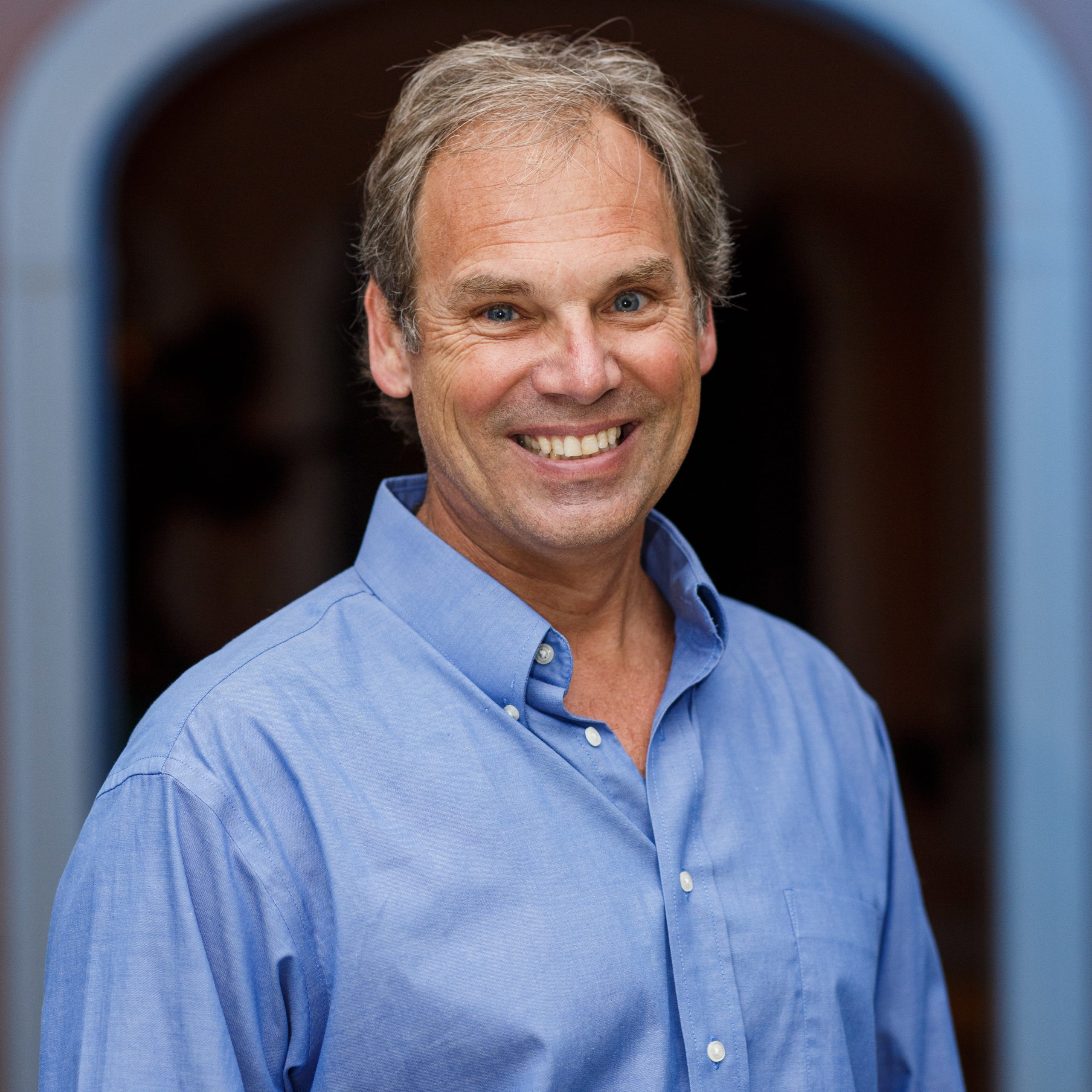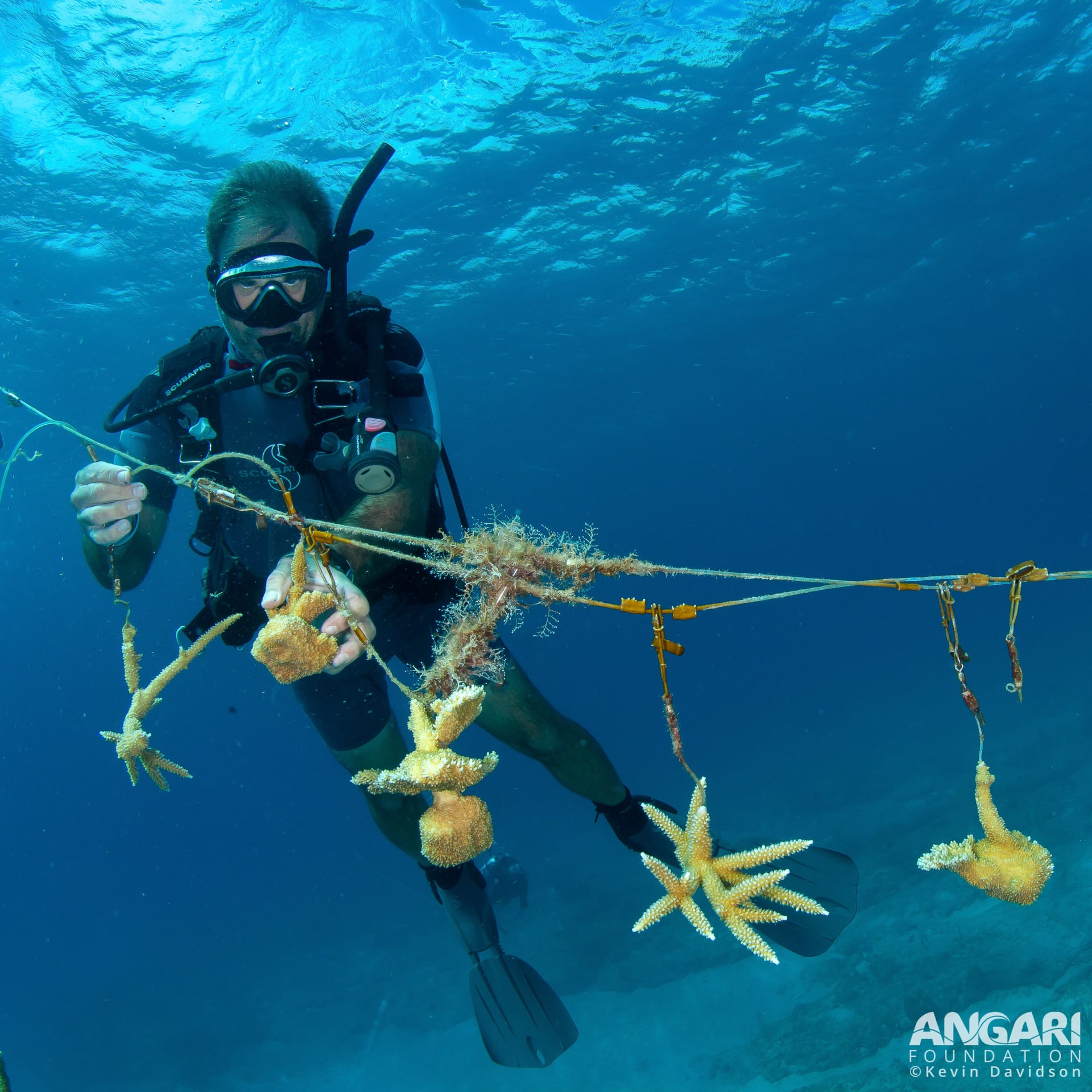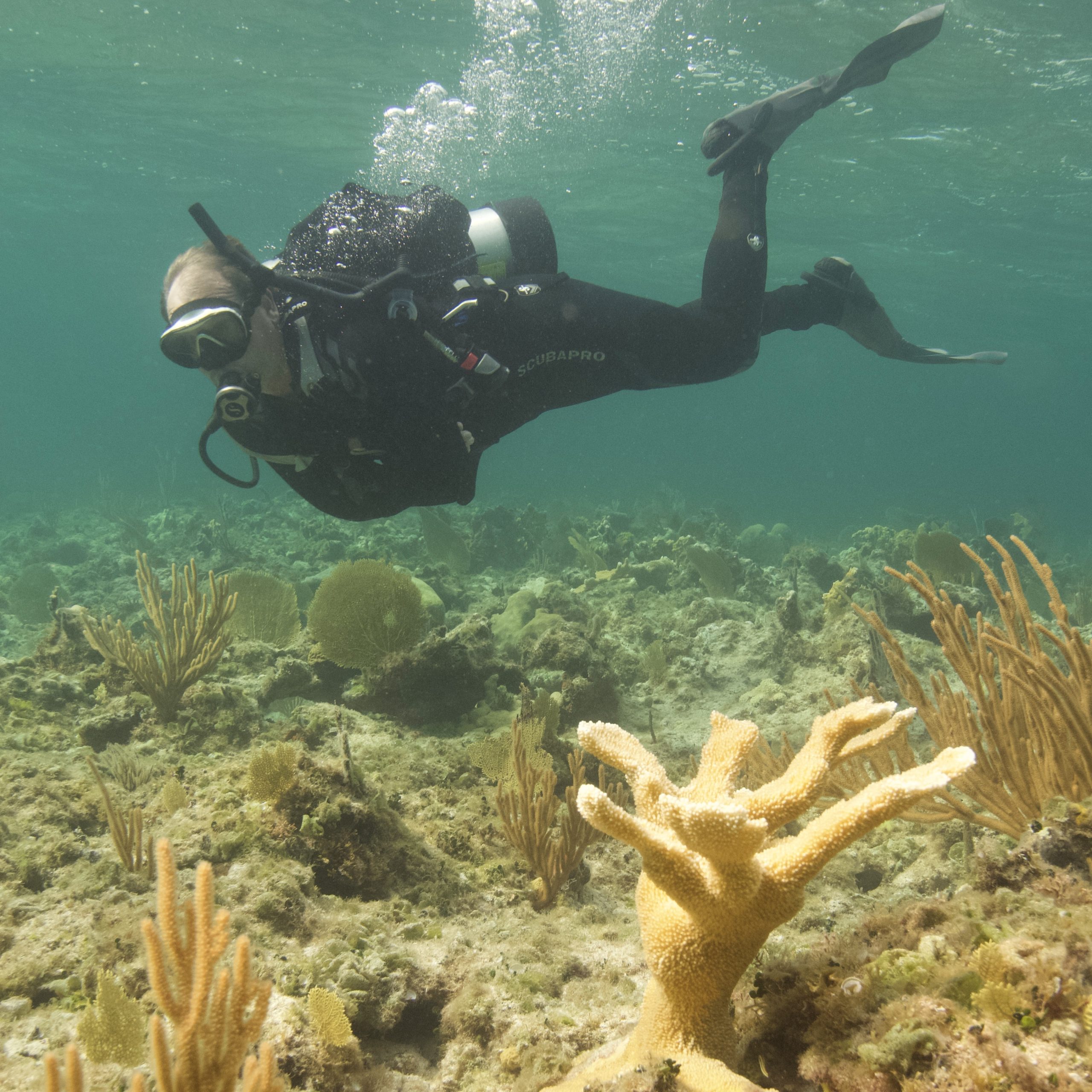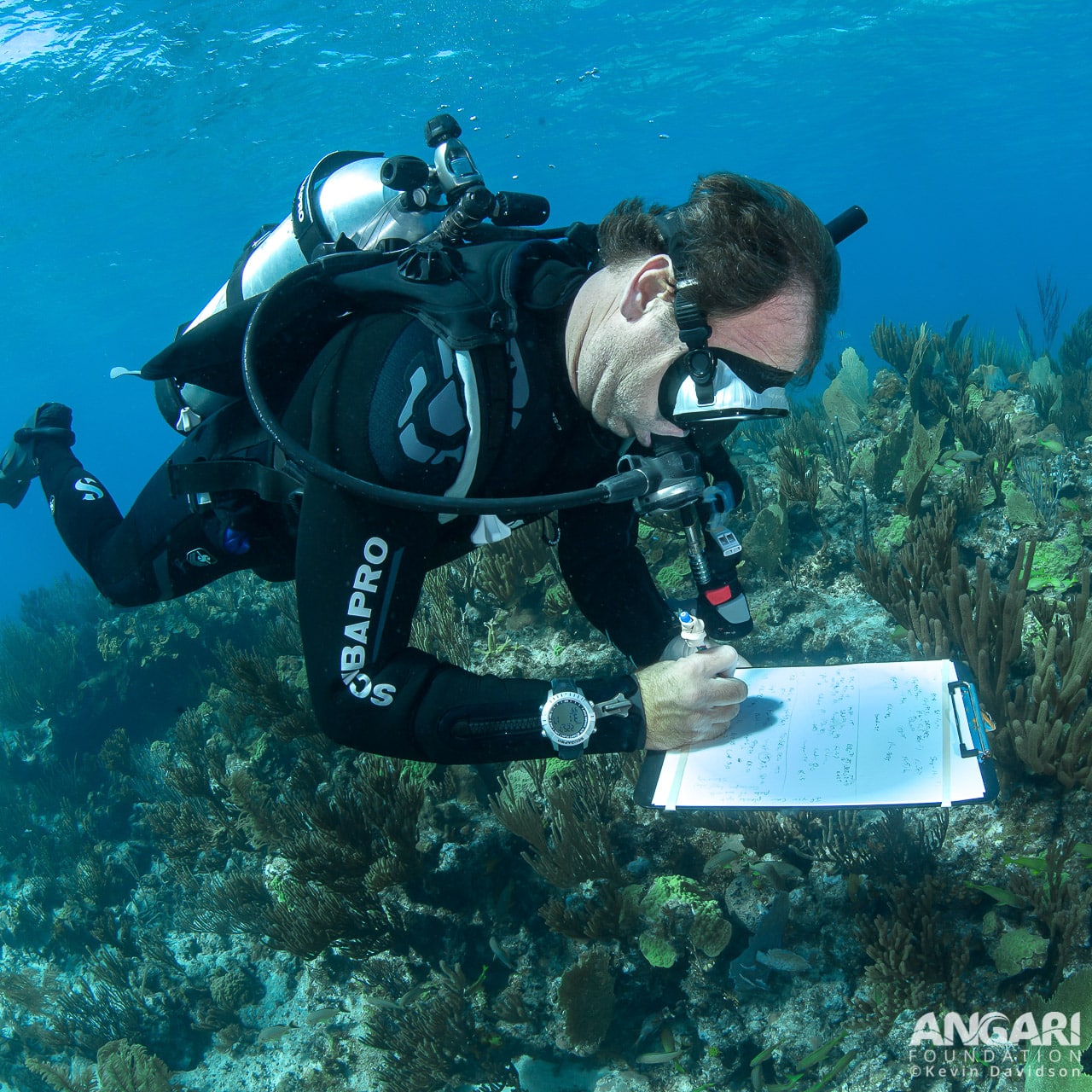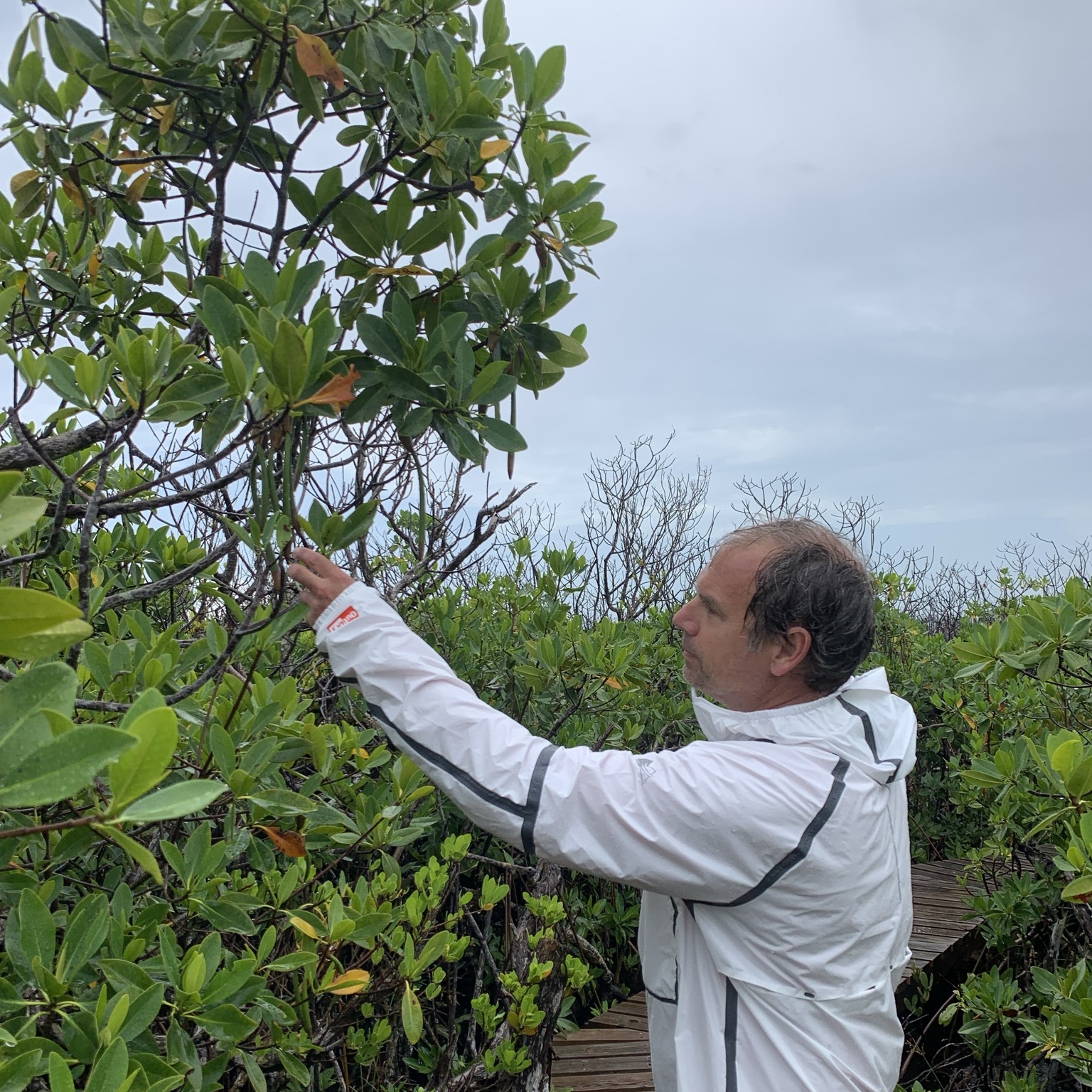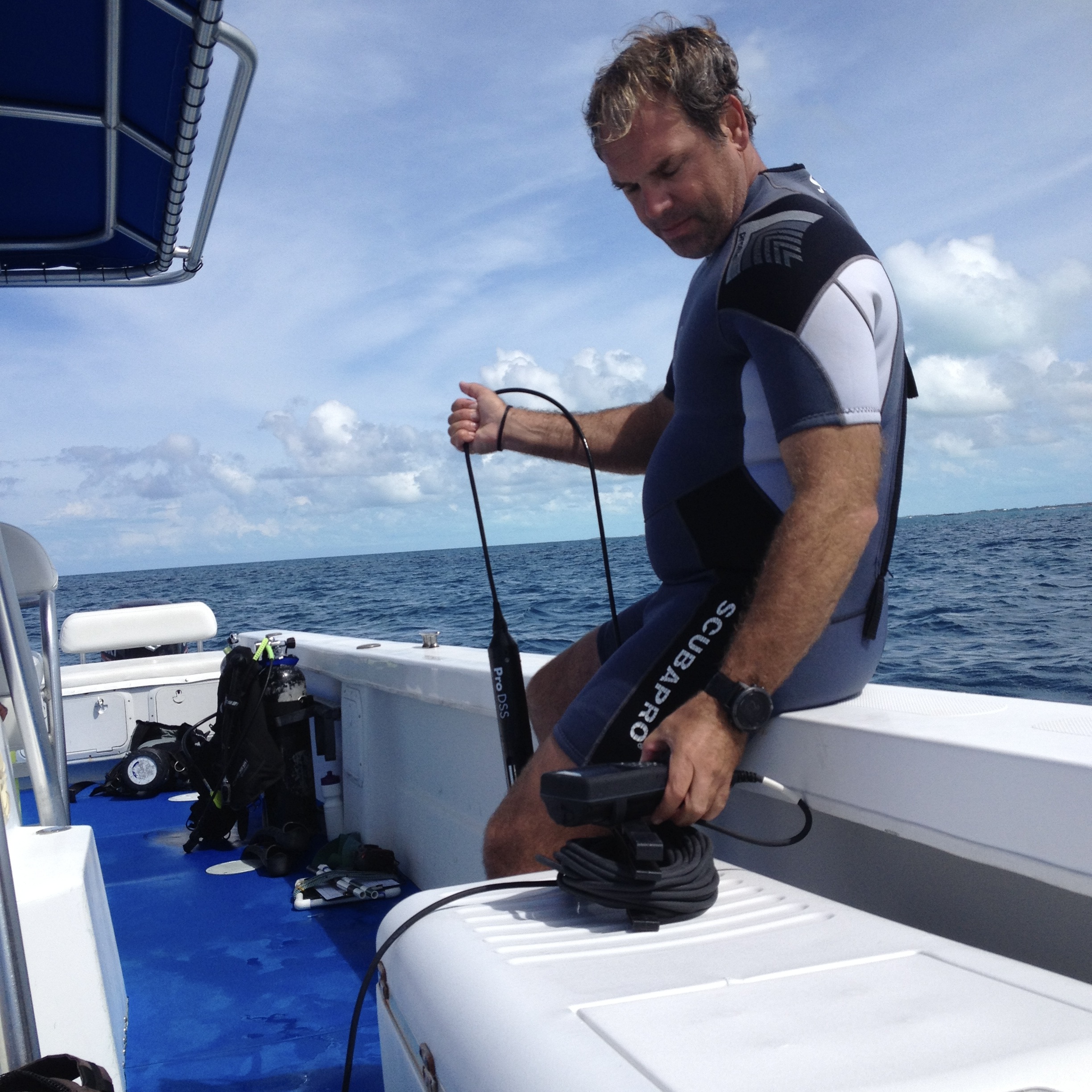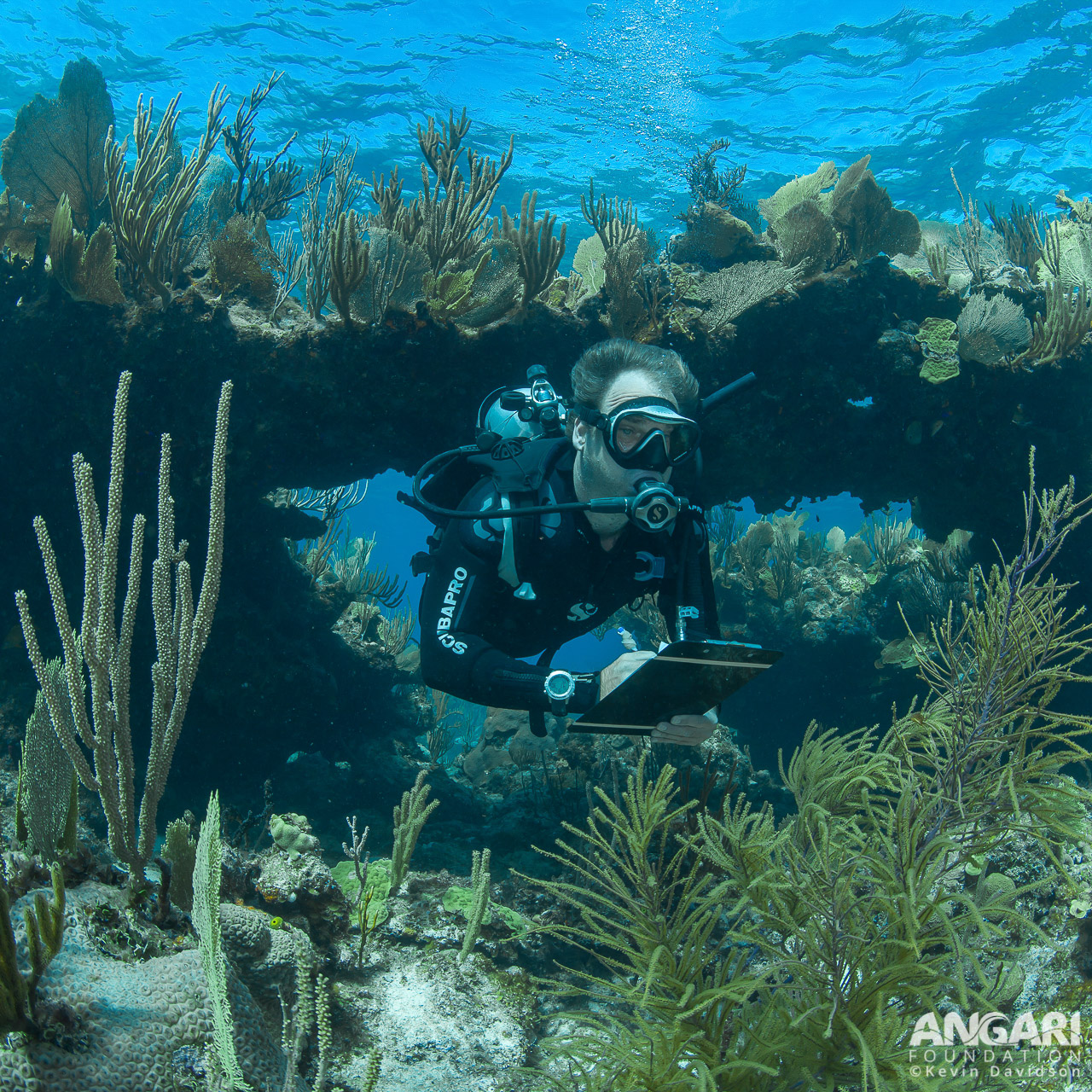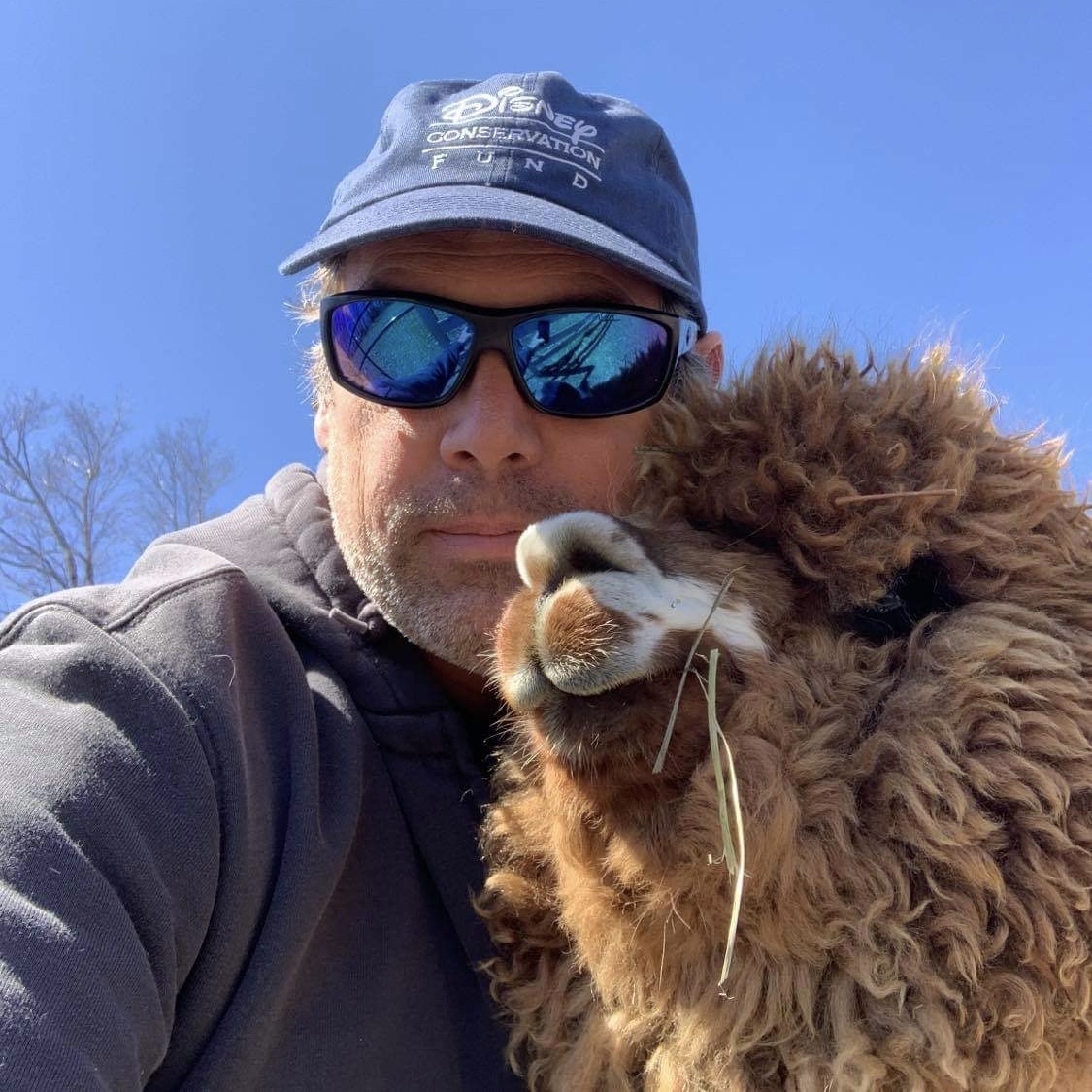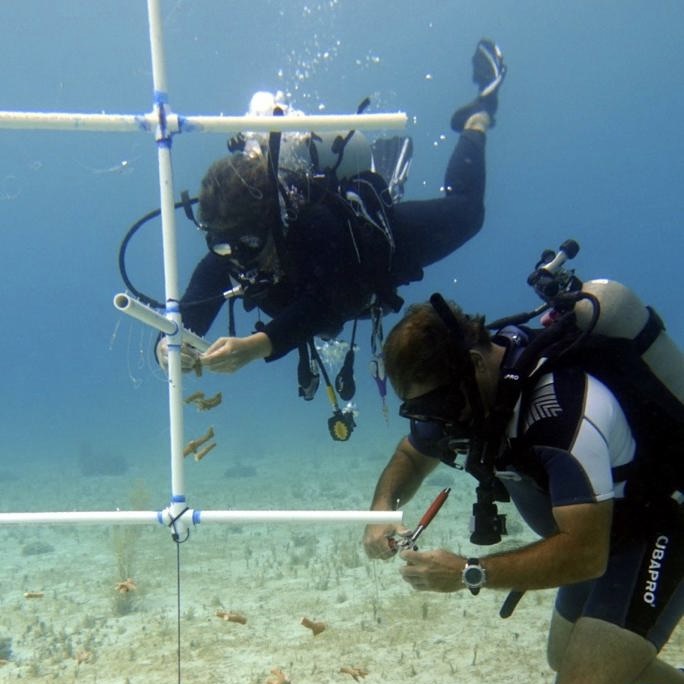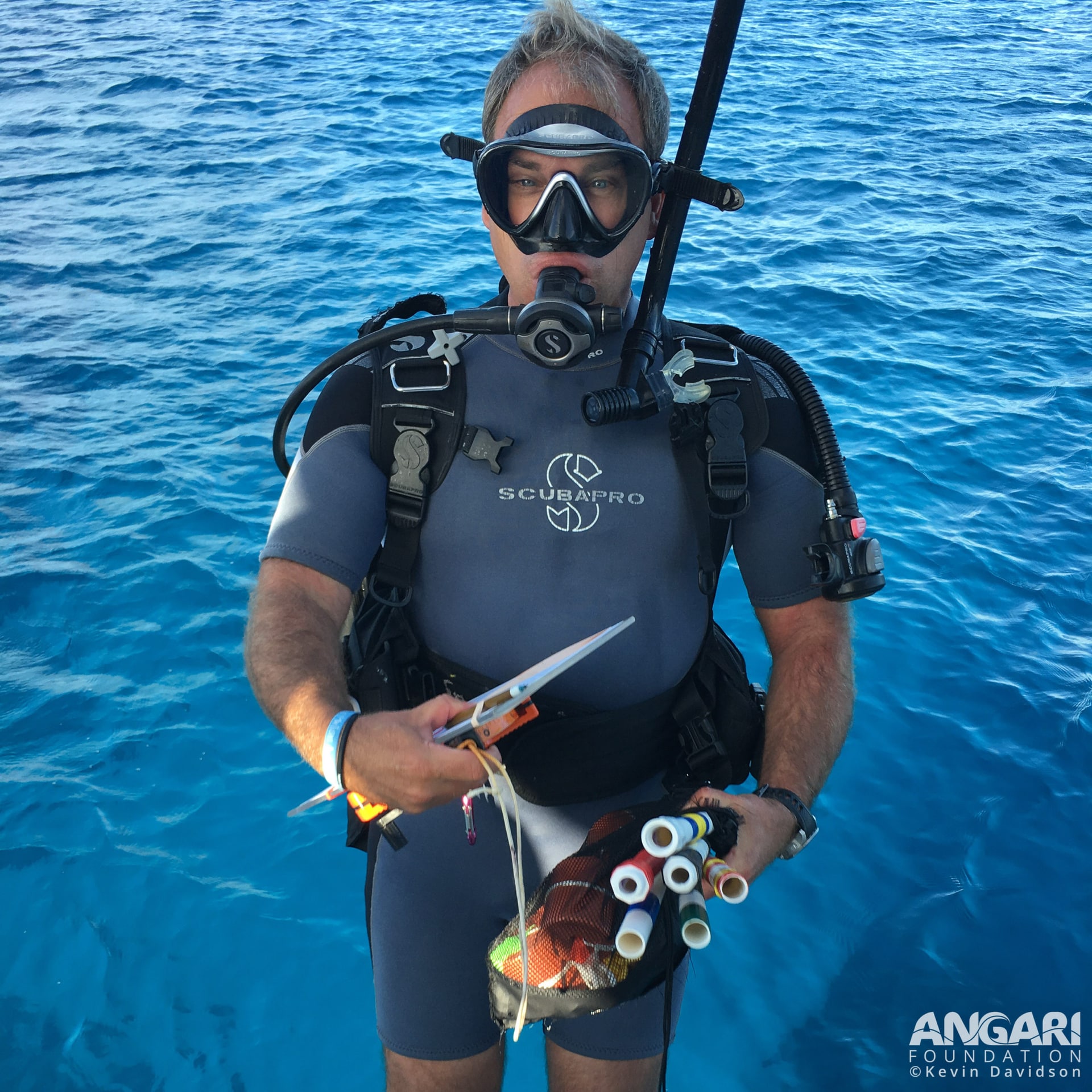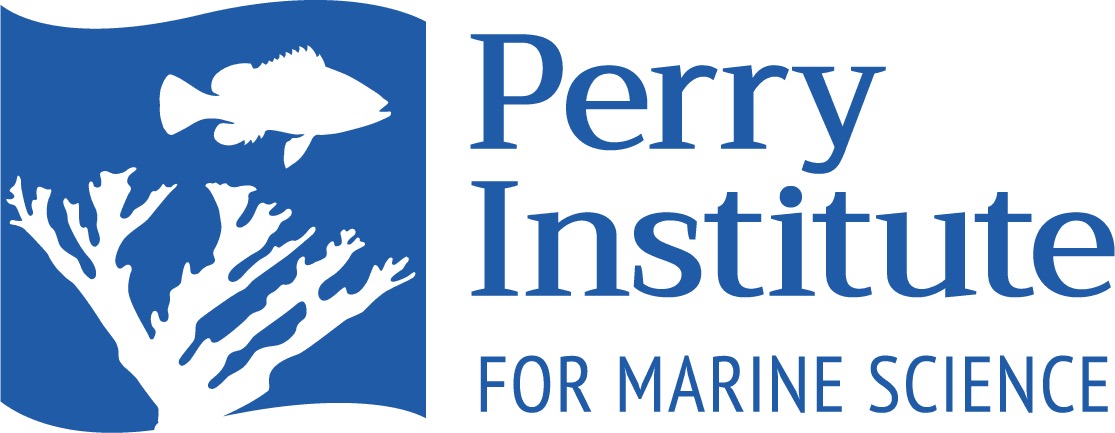
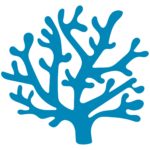


Meet Craig Dahlgren
I am the Executive Director of Perry Institute for Marine Science, and a marine ecologist who studies a wide range of topics related to tropical marine ecosystems. My work includes studies of mangrove and coral reef ecosystems, efficacy of marine protected areas, and population dynamics of fishery species ranging from traditional Caribbean fishery species like Nassau grouper and Caribbean spiny lobster to emerging fisheries like sea cucumbers, parrotfish, sponges, and gorgonians. At present, my work focuses on improving management of and expanding the network of marine protected areas, restoring coral reef and mangrove ecosystems, and improving fishery management for traditional and emerging fishery species in The Bahamas and elsewhere.
1998 Ph.D. Marine Science, North Carolina State University
1991 B.A. International Studies, College of William and Mary
Get To Know Craig
I grew up in New Jersey in the NYC suburbs and spent summers on a lake in Vermont every year as a child. I was sort of a typical suburban kid and was very much into sports and was into science as my father was a high school biology teacher.
There are 2 types of days – the glamor part of the job is the field work where we spend days underwater collecting data on coral reefs, fish, mangroves etc. Lots of scuba diving and snorkeling to identify species, measure sizes, abundance and that sort of thing. Most of the time, however, is spent at the computer writing grant proposals to get funding for the research, analyzing data and writing it up in reports, papers and presentations.
I was always interested in science for as long as I remember and gravitated towards marine biology and aquatic systems after spending time at the beach picking up shells, seeing what fishermen caught and on lakes with my face in the water looking at fish or catching fish, frogs, crayfish or whatever. Having a father who was a high school biology teacher helped.
Getting in the water to do field work, whether it is collecting data to address key research and conservation issues, restoring ecosystems, or monitoring the condition of marine resources and the environment are the most fun parts of the job for me.
There have been changes in how science is done with technological advances in genetics, or use of drones, and other research tools that have allowed us to answer questions that we had no way of addressing 30 years ago. The environment and status of resources have also changed with declines in populations of many species or entire ecosystems.
Probably the biggest thing that we have learned is the interconnectivity of ecosystems with each other and with humans and how those interactions work. Also, we have made significant advances in ecosystem restoration and restoration of critically endangered species like corals that we hardly thought possible 30+ years ago.
I started out as a fish/fisheries ecologist, but quickly realized that I needed to see the bigger picture with how these species fit in with their environment and how their habitat, like coral reefs and mangroves, were being impacted by humans. This has made me very much a generalist in a field that really focuses on specialization. I also worked in conservation policy in Washington DC for a year, which gave me an appreciation of how science is applied or not applied by policy makers and marine resource managers, so I have very much focused on the issue of converting research into action.
Getting as much experience as possible in diverse disciplines is helpful, particularly in the research and conservation non-profit field (vs academic research careers).
Two things keep me inspired. The first is the awe and wonder I experience every time I go in the water – there is always something new to experience. The second is seeing young students and researchers see things for the first time and their reaction to a coral reef or a mangrove nursery, or whatever they are experiencing. It reminds me of why what I do is important.
I think so. I have no regrets and really never even considered doing something different once being a professional athlete passed me by.
Interview conducted in May 2022

